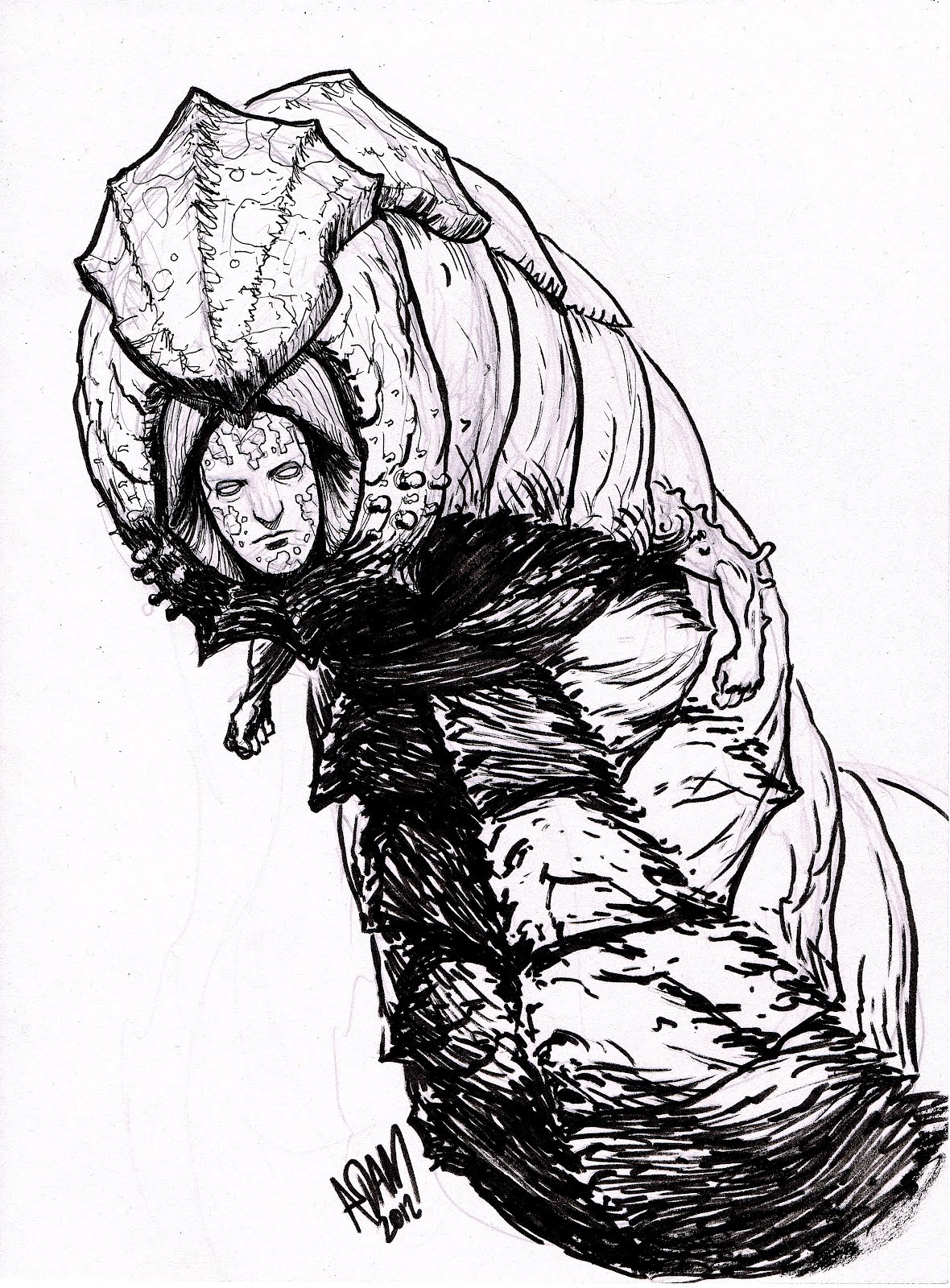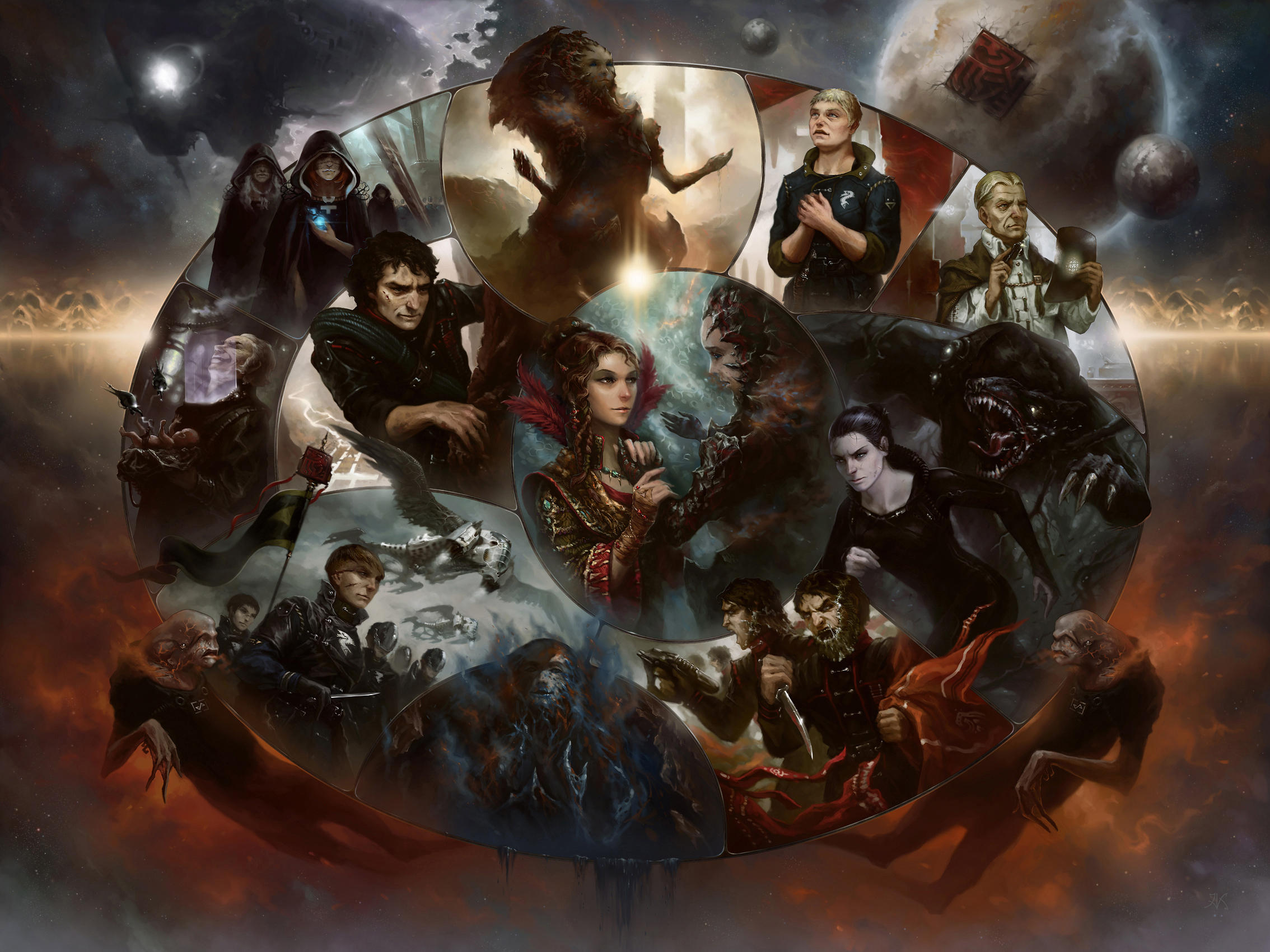
It was intriguing and challenging and heck, since I live for challenges I decided to take this one up too, gladly.

The tone was umistakably sombre and I realized Herbert was not here to merely entertain me, he was here to make me part of the legend of Muad'Dib. The very first stirring I felt upon opening the yellowed pages of Dune was that of stumbling upon an English translation of an ancient Arabic manuscript of undeniable power and potence which had an epic story to narrate. All this set in a mind-boggling, frighteningly original world which Herbert ominously terms as an "effort at prediction". Machiavellian intrigue, mythology, religion, politics, imperialism, environmentalism, the nature of power. WARNING: Book descriptions may contain spoilers for previous entries in the series.In my head, the purpose of this review is very clear. But the House’s arrival on Arrakis may be part of a sinister plot – or, perhaps, the fulfillment of an age-old prophecy. Due to a past war against artificial intelligence, the empire rejects the use of computers for anything from complex calculations to space navigation, instead relying on humans who enhance their minds with a drug known as “the spice.” The series begins with House Atreides (and the House’s heir, Paul) gaining ownership of the desert planet Arrakis, which is the only known source of the spice that is so vital to the empire’s reign.

The following is our guide to the books in the series and their intended reading order.įor those unfamiliar with the series, Dune takes place in a distant future in which the galaxy is governed by a far-reaching empire, with planets divided among powerful ruling Houses. Get caught up on Frank Herbert’s classic science fiction series before the new film adaptation hits next month! The world of Dune can be mind-bending and daunting, but it is well worth the read.


 0 kommentar(er)
0 kommentar(er)
